I am a litter picker. No, not one of those high-minded volunteers who have proliferated of late with litter-picking sticks and black bags, but a professional: I am paid to empty the bins and collect the debris left by the public in a small park in Middle England. And I’m angry, not with the great British public who leave the stuff but with the real litter louts who are the root cause of the problem. As summer approaches and people who have been stuck indoors crowd into the beauty spots and on to the beaches, litter becomes a hot topic and it is important to be clear where the blame lies.
When I became a bin man, I thought I was contributing to a cleaner, healthier planet. I read the claims made by government, business and industry about the progress in reducing landfill and the exporting of waste, along with the advances made in recycling and reduced packaging. So I looked for ways of improving this collaboration, and encouraging my public to be more responsible about what they throw away and where they throw it.
At first I was full of hope. ‘My’ public are brilliant. When I arrive first thing in the morning to clear away any litter, there are never more than a couple of items on the ground, almost certainly the work of resident crows, the rest having been conscientiously placed in the bins by the previous day’s picnickers and the previous night’s revellers.
However there is a problem. Although there are bins labelled ‘Recycled’, most of them are filled with whatever. ‘Whatever’ is predominantly dog mess and food. Dog mess and food are here to stay, what with al fresco eating and drinking acquiring an unprecedented popularity — and increased dog ownership. But any food residue, as it turns out, renders recycling impossible.
The dominant dishes on the al fresco dining menu have one feature in common: they are messy. The pizzas, burgers and the chips element of fish and chips become cold and soggy. And the problem is that any food left on packaging or paper napkins or in the bin will contaminate whole truckloads of otherwise recyclable ‘waste’.
Drinks cans and bottles, practically any containers of ‘fluid’, crisp packets, sweet wrappings, even till receipts and ‘paper’ cups are all mostly unrecyclable. There is evidence that of the seven million drinks containers used per day, only one in 400 ever actually gets recycled, with a similar proportion applying to the annual 13 billion drinks cans.
It is true there have been some new arrangements for specialised recycling but there are two major drawbacks. First, the means by which the contaminating elements are removed produces more carbon emissions through hyper heat than would be emitted by the methane of landfill. Second, the level of public collaboration and inconvenience required by ‘refund’ systems are utterly unrealistic. This suggests that industry’s heart is not in it, a verdict reinforced by the use of the green triangle, which misleads the public into believing the company recycles, when all it means is that it has contributed financially to recycling protocols.
In the course of my investigations I’ve discovered all manner of recycling fiascos. Did you know that it’s tricky, sometimes impossible, to recycle wet cardboard? Carefully, faithfully, we flatten our old Amazon boxes and put them outside to wait for the recycling truck. More often than not it then rains — and subsequently, though almost no one knows it, all that green effort is wasted. Most of the sorting of recyclables is done on a conveyor belt which bounces everything around so that the lighter stuff makes its way to the top.
Soggy cardboard destroys the whole process, and even if it didn’t, it’s not much use anyway. Rainwater swells the fibres in card and paper, which means most recycling plants just chuck it away. Thousands of tonnes of paper, which people imagine they’ve dutifully recycled, are simply binned every year by local councils.
So, who are the real litter louts? There is only one candidate: not the consumers but the producers of the packaging who know exactly how fraudulent the whole business is.
Surely a species capable of placing buggies on other planets should be able to devise materials and technology that render all packaging recyclable? Equally, that same species which has used its governance systems to require all its citizens to wear masks and isolate themselves for the past year should be able to make this mandatory. Until that happens, for me to encourage my public to recycle their rubbish would be an act of deceit.
Got something to add? Join the discussion and comment below.
Get 10 issues for just $10
Subscribe to The Spectator Australia today for the next 10 magazine issues, plus full online access, for just $10.
You might disagree with half of it, but you’ll enjoy reading all of it. Try your first month for free, then just $2 a week for the remainder of your first year.

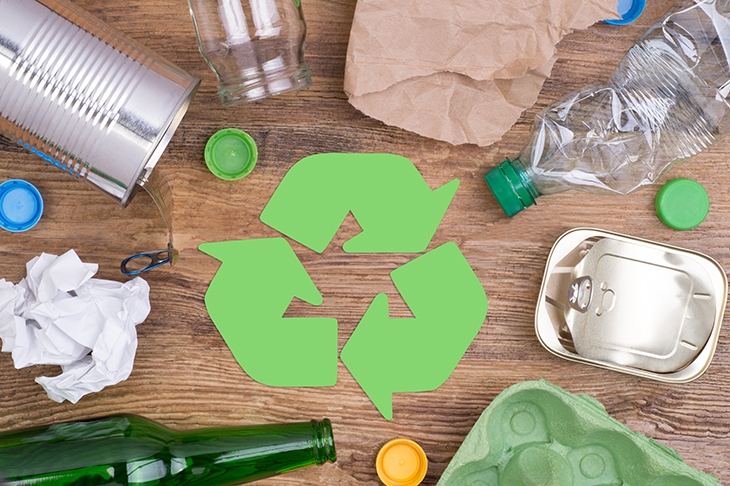
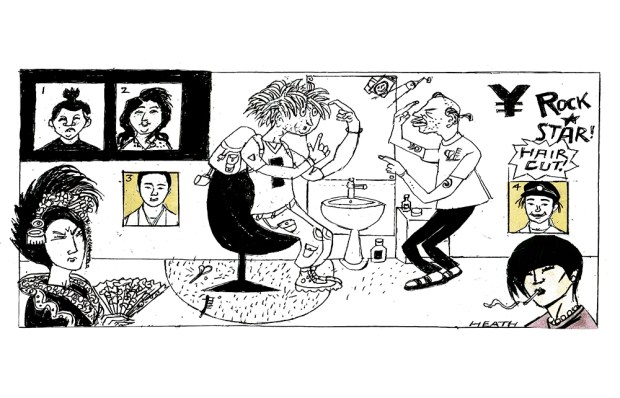
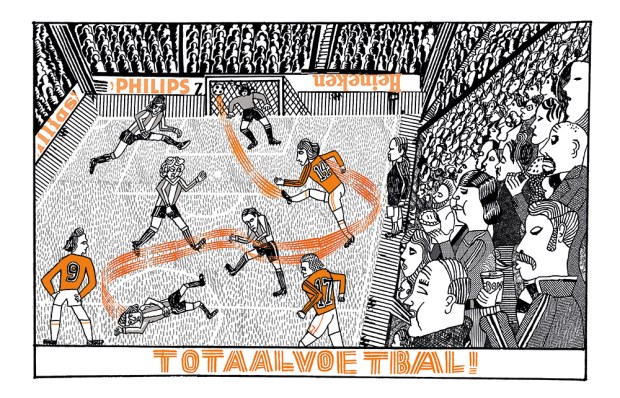

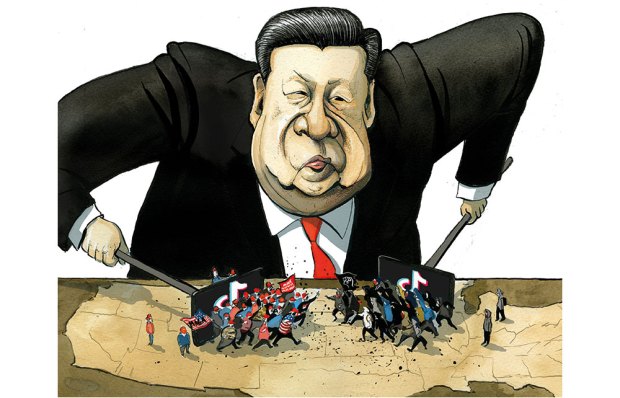
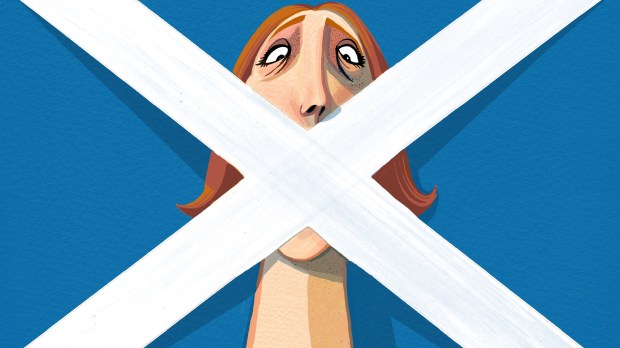







Comments
Don't miss out
Join the conversation with other Spectator Australia readers. Subscribe to leave a comment.
SUBSCRIBEAlready a subscriber? Log in